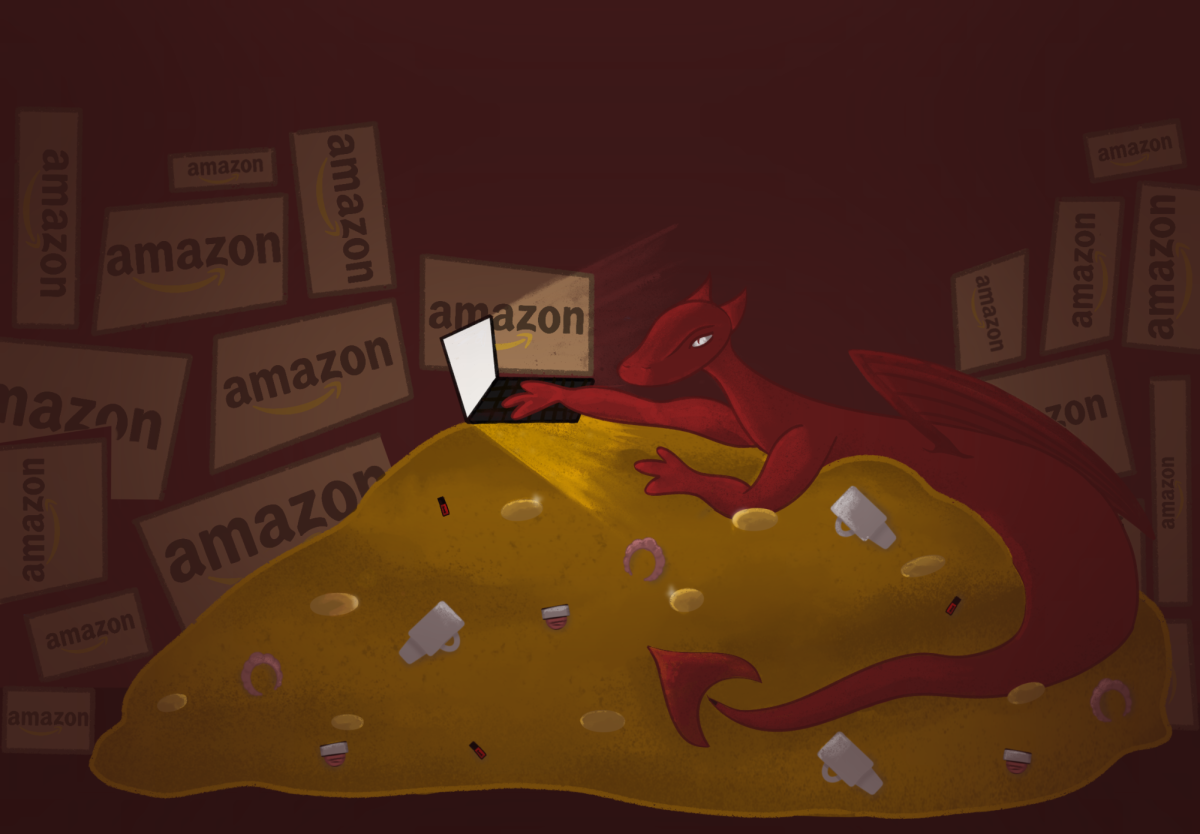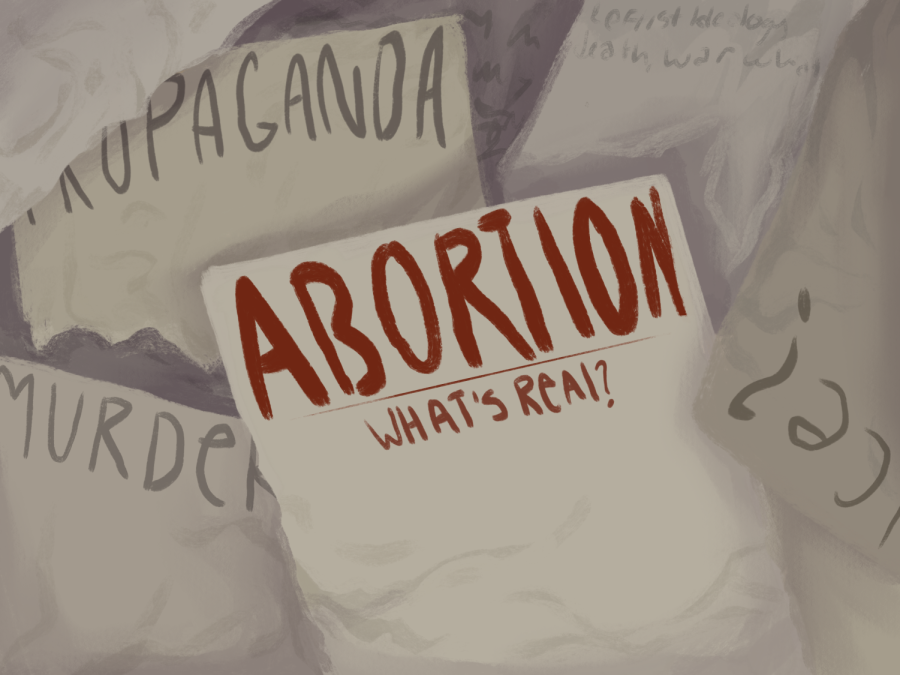
After reading Greg Oyan’s “Preserving the Institution of Marriage,” I could see the stark difference in our opinions. But, Oyan is a Foothill student and he has just as much right to voice his opinion in our school newspaper as any other. It is not right to deny him that nor ask that the article be taken down. However, it is important to hear both sides.
The LGBT Community has won several civil rights battles recently. Marriage equality bills have passed and been signed by the governors of Washington and Maryland. Legislation in support of gay marriage is working through New Jersey.
And Proposition 8, the California proposition banning gay marriage back in 2008, has been ruled unconstitutional for the second time. First ruled on by United States District Court Judge Vaughn R. Walker and then by a panel of three judges from the California Ninth District Court.
Oyan questioned why “three people have the authority over voting Californians?” and the answer is simple. This is how our government is set up, to ensure the tyranny of the majority can never be wielded over the minority.
The purpose of the court system is to ensure that no law violates the fundamental civil rights found in the Constitution. And because Proposition 8 denies gay and lesbians the right to marry “without a legitimate reason for doing so, the people of California violated the Equal Protection Clause [of the federal Constitution].” This is not an irresponsible political maneuver, this is judicial review and this is how the government works. You can read the full court ruling on Prop 8 here.
As a gay teenager, I was saddened to read Oyan’s article. Regardless of what the Bible says about homosexuality (which is very little), committed, loving gay relationships have equal dignity and value as heterosexual relationships. There have been homosexual couples throughout history. There are even Egyptian hieroglyphics depicting male lovers!
While homosexuality has changed very little throughout time, the idea of marriage has. Marriage has not always been a “sacred intuition,” but more of a business merger. In the 18th century, a man would offer his hand in marriage and receive a dowry—some might call it a down payment—for the bride. Depending how good a catch the bride was, the dowry could surmount to a dozen chickens or even a pig or cow. Marriage was about property, not love. Furthermore, homosexuals were not excluded from marriage “on purpose” as Oyan stated, in the same way that interracial marriage was never intended to be banned (but was).
And since then, marriage has evolved. Marriage in a church may have religious meaning, but civil marriage is a legal contract that has nothing to do with religion. The importance of marriage is the legal recognition and legal benefits that accompany it. To ban gay marriage on religious grounds is not a valid argument. Religious doctrines are not valid evidence and will not hold up in court. Nor can the United States make a law solely on the basis of one religious point of view. The same religious arguments were used to ban interracial marriage until it was found unconstitutional by the US Supreme Court in 1967.
Freedom of religion is an important constitutional right that must be upheld. No church should be forced to marry gay couples if it is against their beliefs, it is their right as a religious institution to marry whomever they choose. Let churches do what they want.
But to say that homosexuality would destroy this “sacred” institution is bigoted, homophobic and completely unfounded. The truth is that gay marriage does not change heterosexual marriage in anyway. Gay marriage will actually benefit society. Marriage creates stability and the more couples that marry, the more stable a society becomes.
My big question is: What are you so scared of? What is so terrifying about us? What threat do gay relationships pose for the rest of the heterosexual world? These claims only devalue and desecrate gay people. They infer we are rotten, sinful and support the belief that straight relationships are better than their gay counterparts. And that is just wrong. The basis of discrimination is a false sense of superiority over those who you believe are inferior to you because they are black, Asian, female, disabled, gay, or whatever your prejudice may be. There is absolutely no difference between a loving gay couple and a straight one and legalizing gay marriage validates that. The law cannot, and should not, distinguish between committed homosexual and heterosexual relationships.
The argument over the word “marriage” and what to call it for gay couples is very important. Civil unions and domestic partnerships are offered as “separate but equal” alternatives. However these are not truly equal alternatives and married couples enjoy legal rights that are excluded from unions and partnerships. This includes tax benefits, inheritance rights, next-of-kin health directives, and spousal pensions. They cannot be separate but equal because the separation itself represents the inequality.
But even if unions and partnerships could be made legally equivalent to marriage—as Oyan proposed—they would still not have the status that the word “marriage” conveys. It is the word “marriage” that carries the dignity, validation, and social recognition the alternatives do not. The opponents to gay marriage are unwilling to share that.
Anything short of the word marriage is unacceptable. I am not happy with a “union” or a “partnership.” I will not be labeled as a second-class citizen unable to marry the man I love because I am gay. That is not appropriate because I have just as much right to marry as anyone in this country does. And to suggest that I should settle for anything less, and it’s just, in Oyan’s words, “tough luck” is insulting and a slap in the face to my rights as an American.
It is time to recognize that LGBT people share the same fundamental rights as you do, Greg. It is also time to recognize that there is no rational basis to deny those rights. Doing so is discrimination in its worst form.








